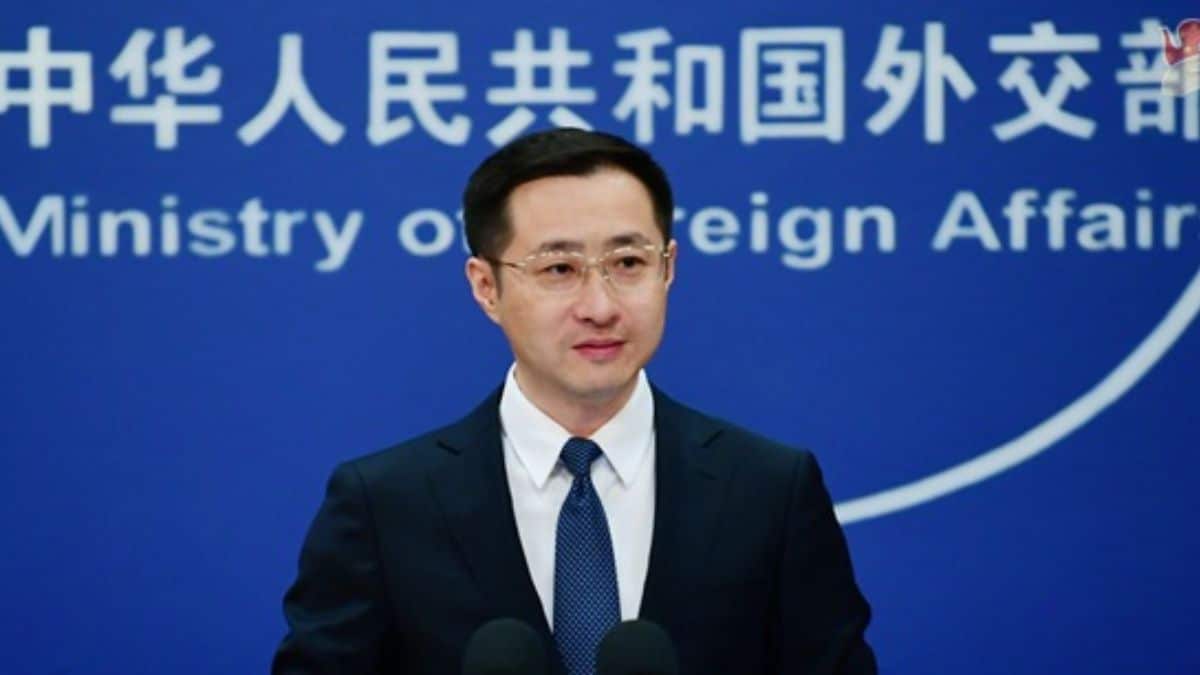China expressed its position regarding the 79th anniversary of the atomic bombing of Nagasaki, held on August 9th, when the ambassadors of the United States and other G7 countries to Japan were notably absent due to the exclusion of the Israeli ambassador. China’s participation contrasted with this diplomatic decision, as the Chinese Consulate-General in Nagasaki reported.
During a regular press conference, Lin Jian, a spokesperson for China’s Ministry of Foreign Affairs, conveyed deep sympathy for the victims of the nuclear bombings in Hiroshima and Nagasaki. He emphasized the tragic circumstances under which these events occurred, acknowledging the severe impact on Japan and its Asian neighbors. However, he stressed that these bombings took place within a specific historical context, pointing to Japan’s role in World War II and the catastrophic consequences of its aggressive actions.
Lin underscored the importance of reflecting on history to prevent the recurrence of such tragedies. He suggested that understanding the broader historical narrative is crucial in drawing lessons to avert future wars.
Regarding China’s participation in the commemoration, Lin noted that Chinese diplomatic and consular missions often attend such events according to their schedules. Although he did not directly confirm the specific involvement of the Chinese Consulate-General in Nagasaki, he indicated that China’s record of participation in these memorials has been consistent over the years.
The statement by Lin Jian highlights China’s nuanced approach to historical events, urging a balanced understanding of the past while expressing solidarity with those who suffered during the war.

